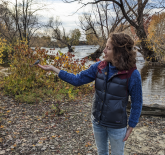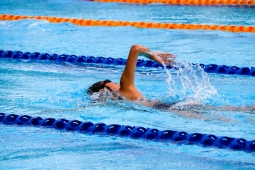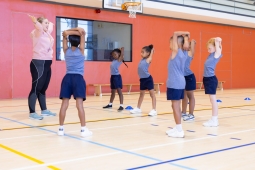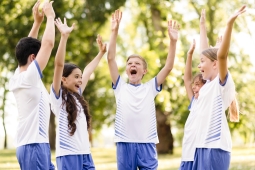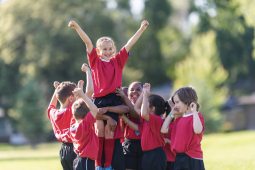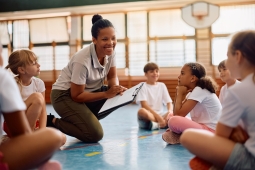The PHE Canada Podcast, Episode 1: Outdoor Play
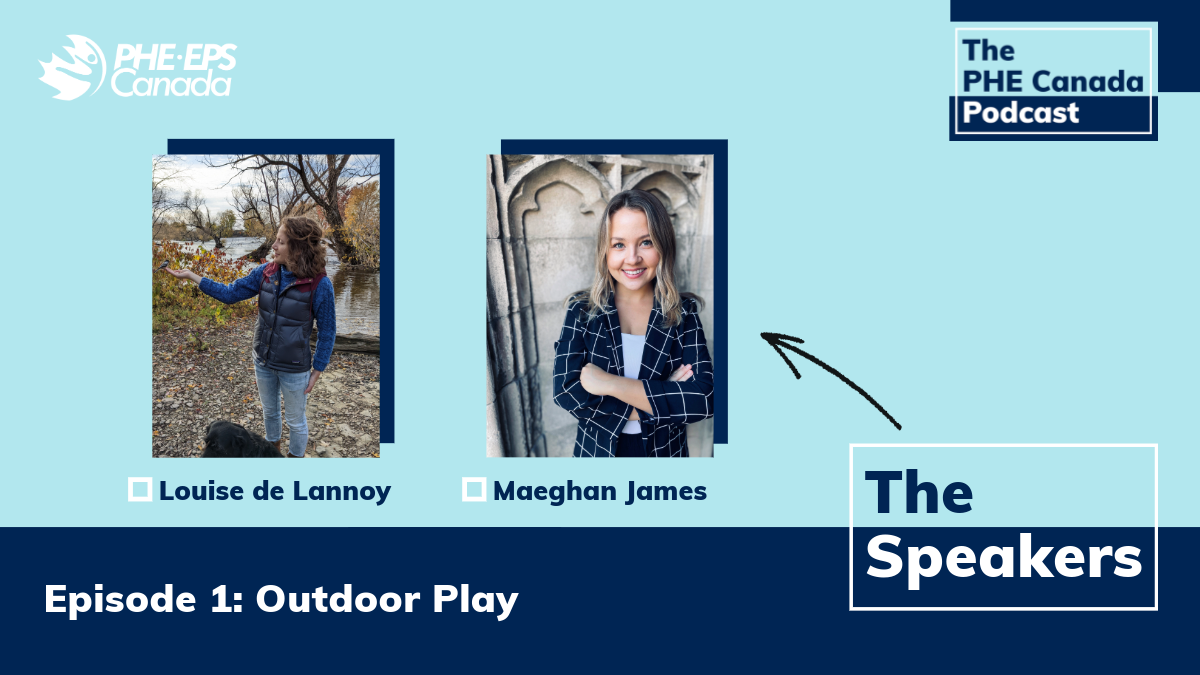
Welcome to The PHE Canada Podcast! In the first episode of our podcast, we talk about all things outdoor play and the many developmental benefits with leading research guests Dr. Louise de Lannoy, Executive Director of Outdoor Play Canada and Dr. Maeghan James, a postdoctoral fellow with the Healthy Active Living and Obesity (HALO) Research Group.
Alongside our incredible host, Josh Read, Drs. Lannoy and James dive into thought provoking insight of what outdoor play, risky play, unstructured play, and outdoor learning is within the educational context. Their unique perspective into the ongoing debate of what these terms encompass include advice and takeaways for educators to engage their students of all abilities in outdoor play.
Whether you want to learn how to apply quality outdoor play into your instruction and/or how to collaborate with your colleagues, administration, and local community, we encourage you to tune into this podcast episode to expand your knowledge.
Check out other resources from Dr. Louise de Lannoy & Dr. Maeghan James:
Dr. Louise de Lannoy:
- Website: https://www.outdoorplaycanada.ca
- Twitter: @louisecdelannoy
- Other podcast features:
Dr. Maeghan James:
- Website: https://www.haloresearch.ca/
- Twitter: @MaeghanJames


